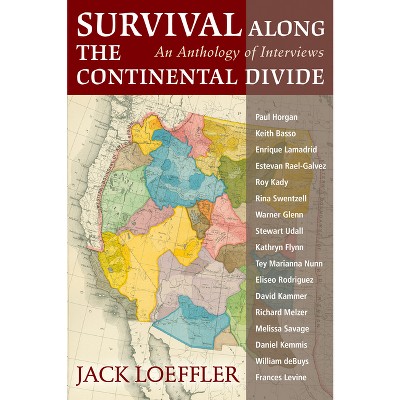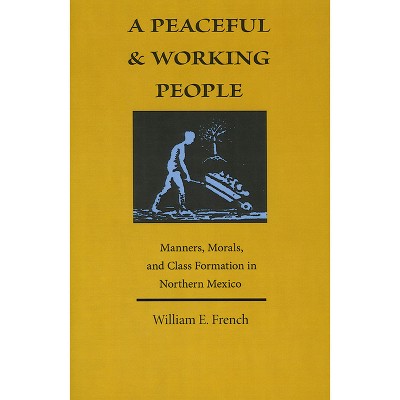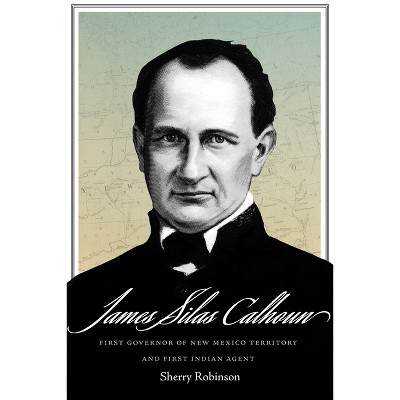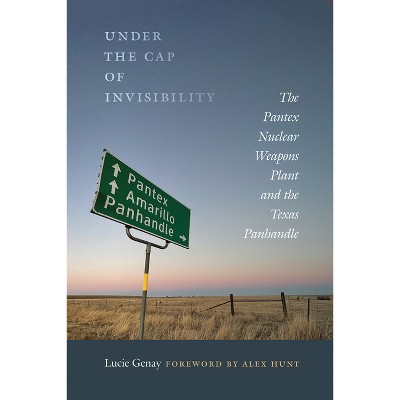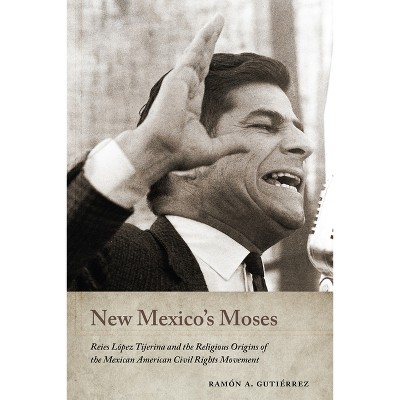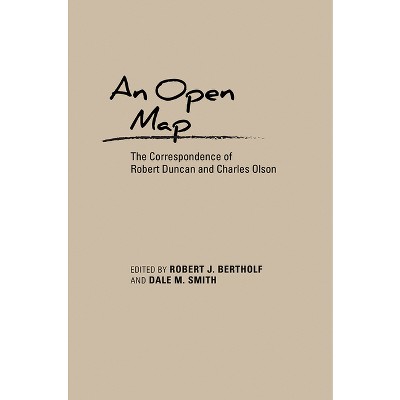About this item
Highlights
- This volume explores the creation of archaeology as a modern professional science through cooperation with state and federal governments during the Great Depression.
- Author(s): Paul Fagette
- 248 Pages
- Business + Money Management, Labor
Description
About the Book
Fagette's book is a thorough, compelling history of American archaeology in its most critical decade, the 1930s.Book Synopsis
This volume explores the creation of archaeology as a modern professional science through cooperation with state and federal governments during the Great Depression. New Deal relief programs and money offered American archaeologists, loosely organized before the 1930s, a unique opportunity to expand their ranks and to practice their science. They formed professional organizations, defined and refined their science, standardized training programs, developed organizational leadership, and created effective political organs. The first part of Digging for Dollars discusses the relationship of archaeology to the government and academia, while the second part explores the practice of archaeology across the wide spectrum of state and federal relief programs. The author demonstrates how archaeology's close ties to government agencies both stimulated and hamstrung its professional and scientific development.
From the Back Cover
This study investigates the institutional evolution of American archaeology during the 1930s. Its primary focus is the process by which archaeologists created a modern professional science through government, especially at the federal level.Review Quotes
"[an] interesting and well-written book--excellent. I heartily recommend Fagette's book to anyone interested in the history of American archaeology"







